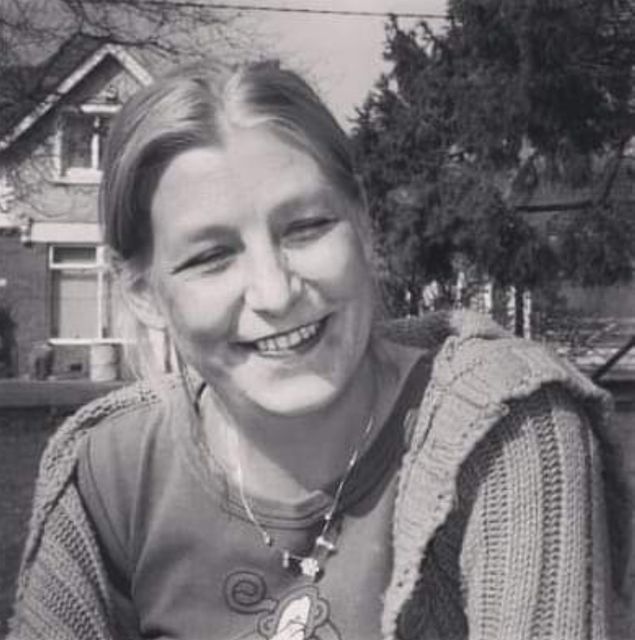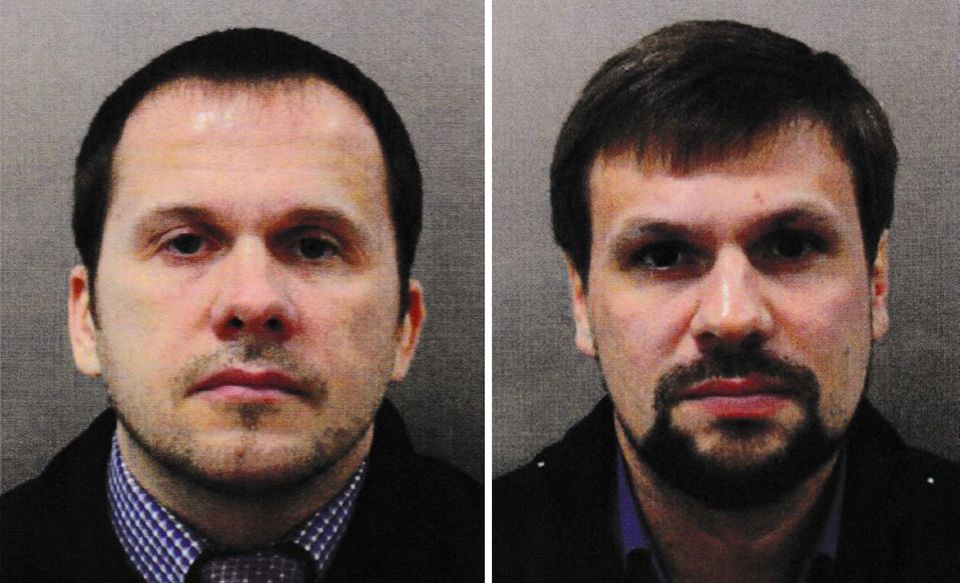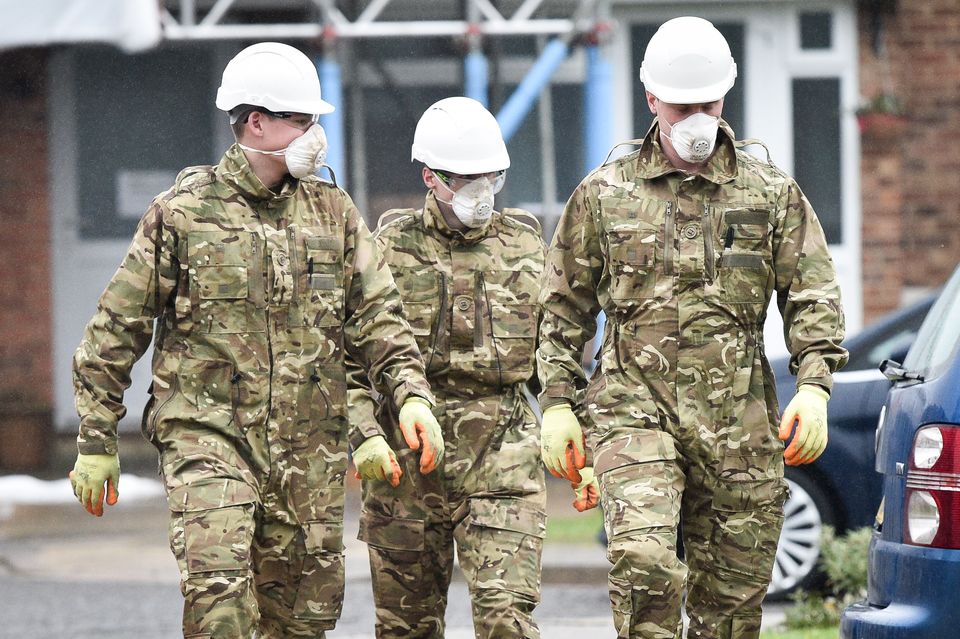The Novichok poisonings which left one dead, several severely ill and more than 80 people in A&E were a result of an “abject failure” by the UK Government to protect the public, an inquiry has heard.
Counsel acting on behalf of the family of Dawn Sturgess, who died after being exposed to the nerve agent in 2018, criticised the response of both the Government and police – adding: “We’re lucky no more people ended up dead.”
In his closing submissions to the probe, Michael Mansfield KC told the Dawn Sturgess Inquiry the attempted assassinations of Sergei and Yulia Skripal were “preventable” and that Russia had “alarming access” to where former Russian spy Mr Skripal lived.
Jesse Nicholls, also representing Ms Sturgess’s family, said the response to the attacks by Wiltshire Police had caused the family “significant pain” and left “lasting damage”.
Mr Skripal, his daughter Yulia and former police officer Nick Bailey were all poisoned by Novichok in Salisbury in March 2018.
Ms Sturgess, 44, died on July 8 2018 after she was exposed to the nerve agent, which was left in a discarded perfume bottle in nearby Amesbury.
Dawn Sturgess, 44, died after being exposed to the Russian nerve agent (Handout/PA)
Alexander Petrov and Ruslan Boshirov, both identified to be Russian military intelligence officers (GRU), have previously denied being the culprits.
Adam Straw KC, who also acts on behalf Ms Sturgess’s family, told the inquiry on Monday that the disposal of the Novichok was an “extremely dangerous act” which was “brought about” by Russian officials, including President Vladimir Putin.
Mr Straw said: “We invite you to come to certain conclusions, specifically about Dawn’s death, which include the following: Firstly, the Novichok which killed Dawn was intentionally left in the UK by Petrov and Boshirov on the weekend of March 2-4 2018.
“Secondly, the operation to deposit Novichok in the UK was brought about by other Russian officials, including Mr Putin.
“Thirdly, this was obviously extremely dangerous.
“Fourth, this caused Dawn’s death. And finally, we invite you to conclude that this was an unlawful killing.”
Mr Straw continued: “As far as culpability for Dawn’s death is concerned, that question does not appear to be material.
“The key issue is whether the Novichok itself that killed Dawn was left by Petrov and Boshirov – it doesn’t matter if they left one bottle or two bottles.
“Disposing the bottle of Novichok in the UK, disguised as a perfume bottle in place where it could be recovered, was obviously an extremely dangerous act.”
Mr Straw added: “One person did in fact die, several were seriously ill and a total of 87 members of the public presented to the hospital emergency department as a result of the Novichok.”
Mr Mansfield said the threat to Mr Skripal from Russia was “manifestly obvious”.
Alexander Petrov and Ruslan Boshirov were both identified as Russian agents (Met Police/PA)
He told the inquiry: “We say, in this instance, there has been an abject failure by the United Kingdom Government to protect the United Kingdom public.”
Mr Mansfield added: “There was a public risk, there is a public risk, and it’s interesting in Caroline Sturgess’s (Dawn’s mother’s) statement, one of the points she makes towards the end of it is that, in a sense, they’re fortunate that it was only Dawn.
“Interesting that the family, in their generous spirit, recognise that we’re all lucky – and that’s the phrase, we’re lucky no more people ended up dead.”
Mr Mansfield continued: “We say, the risk of a threat of this kind – that is, an attack on somebody such as Sergei Skripal as a target – was manifestly obvious.
“You don’t have to be working in specialist areas or departments or even, as they say sometimes, a rocket scientist, to work this one out.
“The point about the risk of an attack on the target… is the collateral, huge collateral risk to the public.”
He added: “The final related proposition is this, and I’ve hinted at it, namely: what was done about this? And we say, nothing.
“We say nothing because of the absence of any basic obvious precautions that could have been taken.
“These are not precautions that are difficult to discern.”
The disposal of the perfume bottle containing the nerve agent was ‘obviously an extremely dangerous act’, the hearing was told (Ben Birchall/PA)
Mr Nicholls said Ms Sturgess’s family felt the response to the poisonings by Wiltshire Police was “severely inadequate”.
He said: “Aspects of the response failed the family badly – causing them significant pain and leaving lasting damage.
“The family feel equally strongly that these failures should be recognised.”
Mr Nicholls continued: “The response of Wiltshire Police was severely inadequate.
“The family have listened to the evidence and they consider that the police response was blighted by arrogance, stereotyping and a lack of professionalism.
“Multiple Wiltshire Police officers dismissed the clear and correct assessment from qualified paramedics who identified that Charlie was suffering from nerve agent poisoning.
“In acting in that way, they put other first responders and the public at grave risk – and their actions could have cost Dawn and Charlie their lives.
“Officers’ failings were then compounded by a serious failure to provide Dawn’s doctors with accurate information.
“The police response has caused unjustified and lasting damage to Dawn, her reputation, and to her family.”


